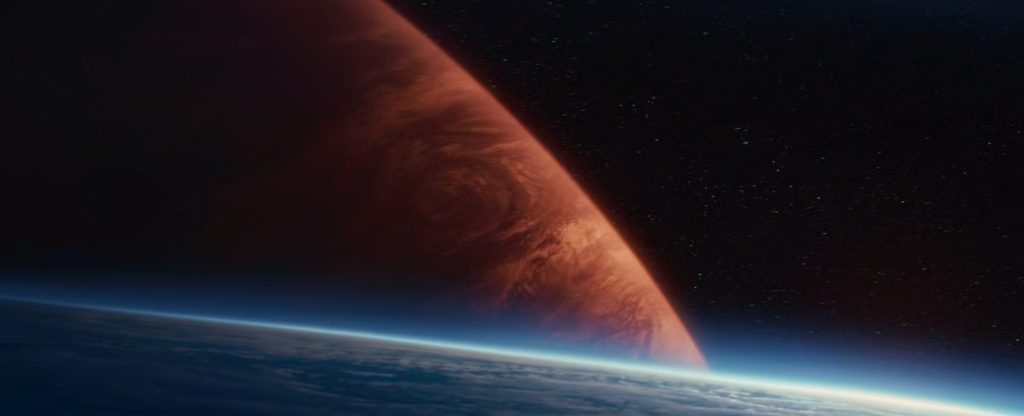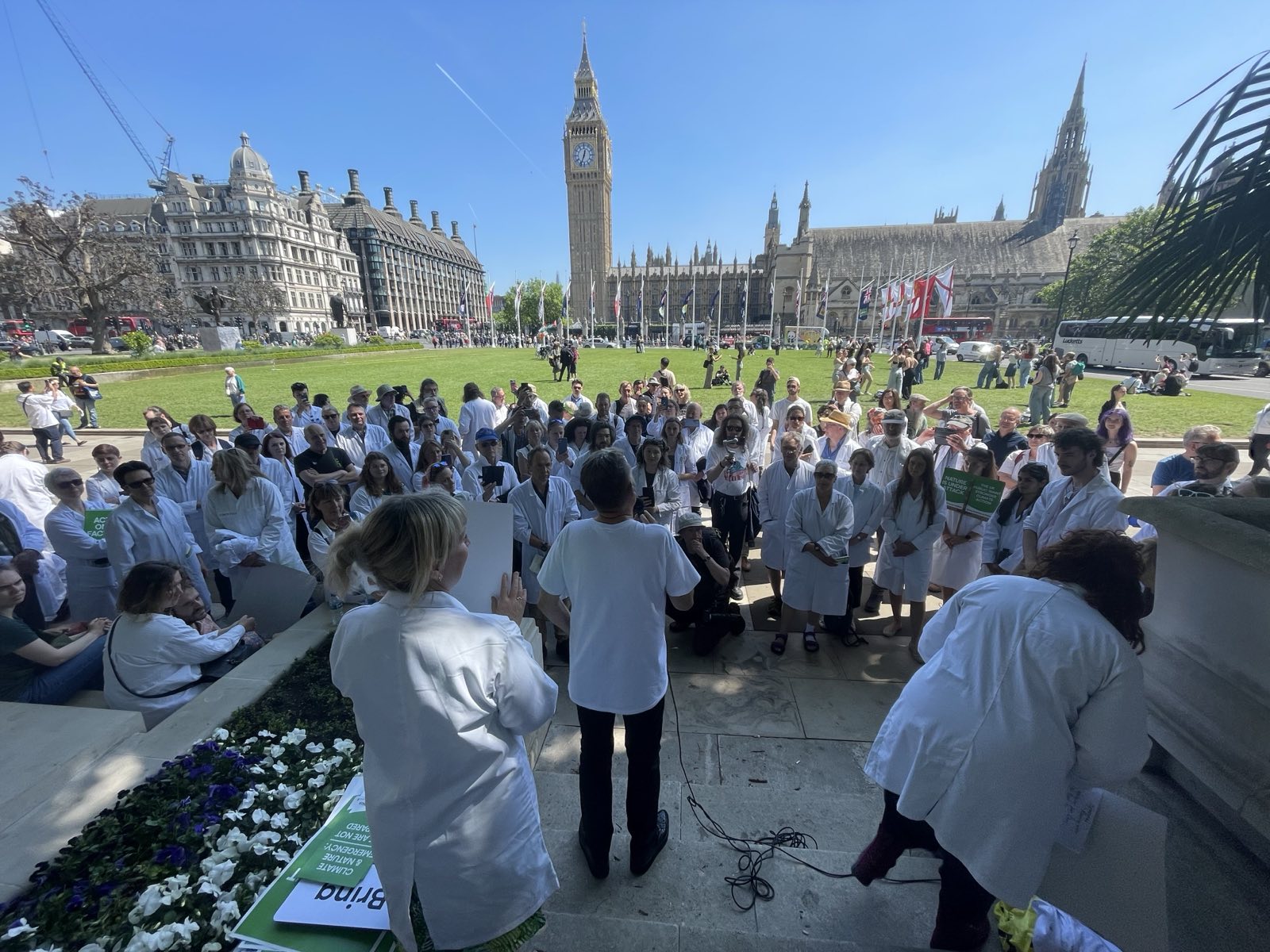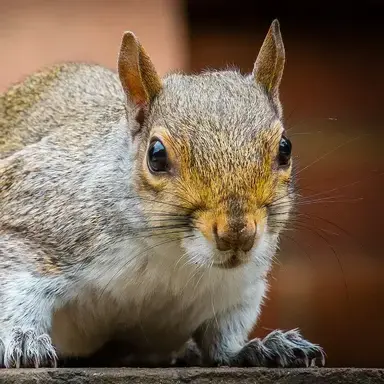
For myself, and the human race.

“She wrote a letter on rose petals, scattered through time.”
I can vividly remember that morning. That feeling of unease with one’s lot in life. Is this it? Is this all that this skinny or sometimes chubby bipedal ape species ever does? Or ever will do? I didn’t ask to be brought into this seemingly insane world 🌍 of arbitrary rules. Rules made by kids that got tall. That 9am to 7pm grind, every weekday?!
“Pitiiful. I don’t want to tolerate it, but I guess I must…”
Post 9/11. The world had been flipped upside down and shaken to it’s core. And shaken me deeply too. Living on Kirkgate. Getting ready for work at Cash Converters. Putting on my red polo shirt uniform. I tolerated the job. I had started working there as a means to support myself through college, but the hours were long, too long; and I was tasked with carrying heavy furniture and televisions up and down multiple flights of stairs, for only the minimum wage at the time, and my rent and bills were rather extortionate. It was back breaking toil with often rude and abusive customers. It gradually started to erode my faith in humanity.

One of my favourite bands was playing their newest song on the radio. I was in such a rush, as ever, that my freshly-showered hair was still wet, little droplets of water dripping down my forehead and into my eyes, like so many tears, lost in the rain. I hated this job, this lot in life that had apparently been handed to me. I felt as if I had been thrust into a terrible universe, in some deep abiding sense, from what had perhaps been a great one, perhaps in some former lifespan, or at least that’s what some new-found Buddhist friends had told me in our many long conversations on religion and spirituality.
“Every singular thing, or anything which is finite and has a determinate existence, can neither exist nor be determined to produce an effect unless it is determined to exist and produce an effect by another cause, which is also finite and has a determinate existence; and again, this cause can neither exist nor be determined to produce an effect unless it is determined to exist and produce an effect by another, which is also finite and has a determinate existence, and so on, to infinity. (IP28).” – Spinoza.
Then came the sirens. A convoy of them, speeding past my creaky living room window like banshees announcing the end of something. They cut through the morning air and rang through me, like standing next to a large stricken church bell – that deep, reverberating toll that settles in your chest and stays there. I paused in buttoning my red polo shirt, irritated by yet another intrusion into my already-fractured morning routine. More chaos in a world that already felt like it was coming apart at the seams.
Ten minutes later, the radio told me why.
Harold Shipman was dead. Found hanging in his cell at Wakefield Prison. The doctor who had killed at least 215 of his patients – maybe more – had finally killed himself. Those sirens I’d heard weren’t just racing toward another everyday emergency. They were marking the end of one of Britain’s most prolific serial killers, a man who had perverted the most sacred trust our society offers: the bond between doctor and patient.
In that moment, my personal morning of dread suddenly had a mirror in the collective. Here I was, putting on my uniform to participate in a system I increasingly distrusted, questioning those arbitrary rules made by kids who got tall. And there was Shipman – the ultimate embodiment of respectability gone rotten, a man who had worn his own uniform, his doctor’s coat, while systematically murdering the people who trusted him most.
The timing felt like more than coincidence. It was January 2004, and we were all still reeling from a world where the unthinkable had become routine. First the twin towers fell, three years earlier, shattering our illusions of safety. That wonderful childhood of the 90’s. Then we learned that our most trusted, formerly most venerated healers, could be killers. What other foundations, other unknown naiveties, were crumbling beneath our feet while we went through the motions of normal life?
Standing there with wet hair dripping into my eyes, I realised I wasn’t alone in my sense of displacement. An entire generation was waking up each morning to put on uniforms – literal and metaphorical – for jobs and lives that felt increasingly hollow. We were all carrying other people’s discarded possessions up endless flights of stairs, just like I did at Cash Converters, wondering if this grinding routine was all there was.
The sirens had faded, but their echo remained. They had announced more than Shipman’s death – they had marked the sound of a society finally admitting that the old certainties were gone, and we were all stumbling around in the wreckage, looking for something real to hold onto…

But that ‘something real’ didn’t arrive, in the form of an epiphany for many years later, many years stuck, brewing in the subconscious mind, until November 2023…
And so here we are, dear reader. Present day. Present time(s). A decade of unprecedented change and upheaval. The 2020’s.
Good luck. All we have is each other.





